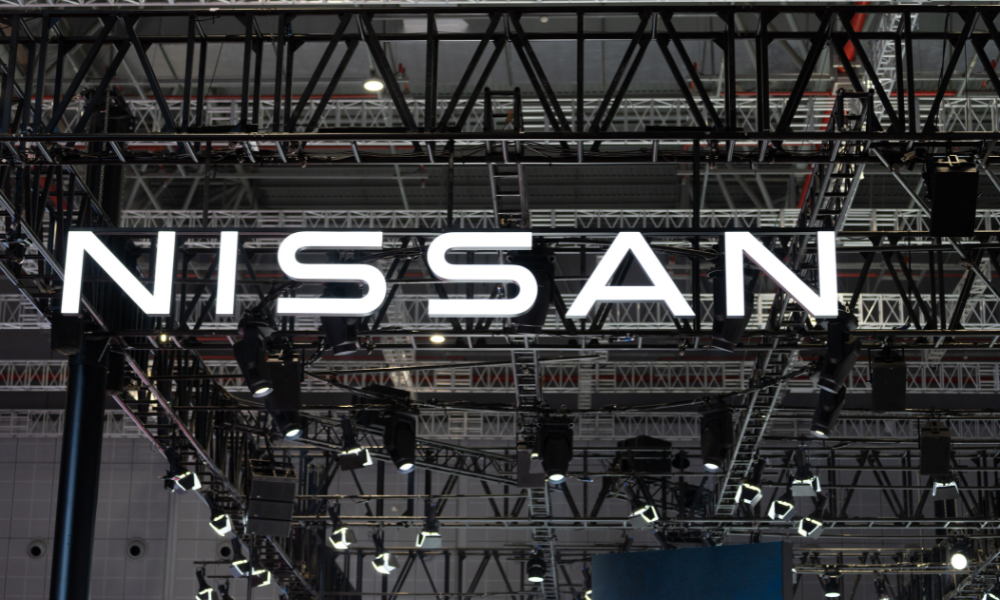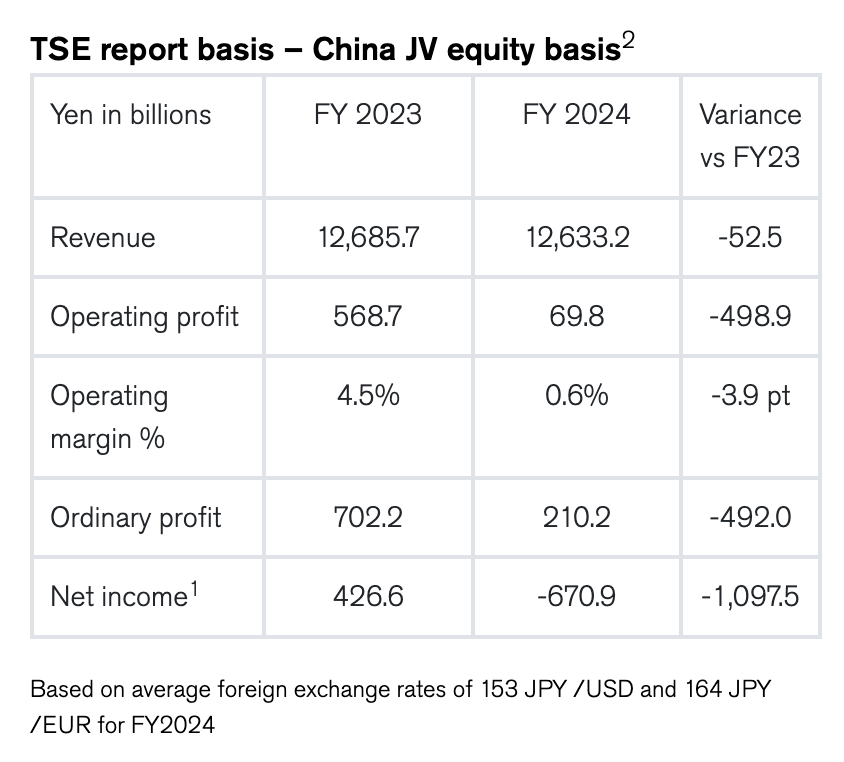
New round of layoffs raises company's overall workforce reduction to 20,000

Japanese automobile manufacturer Nissan has announced that it is reducing its global workforce by a further 11,000 after its widespread layoffs last year.
In a media release, Nissan said that its latest round of layoffs will also be global and will cover direct and indirect roles, as well as contractual positions.
Areas impacted by the workforce reduction include manufacturing, selling, general and administrative expenses (SG&A), as well as research and development (R&D) functions.
The reduction follows the company's previous announcement in November of laying off 9,000 employees, bringing the total number of retrenchments to 20,000 roles across fiscal years 2024 to 2027.
Nissan has a total of 133,580 employees on a consolidated basis as of April 1, according to the company's website.
The widespread layoffs are part of the company's recovery plan, Re:Nissan, which targets a total cost savings of 500 billion yen in fixed and variable cost savings.
"Re:Nissan is an action-based recovery plan that clearly outlines what we need to do now. All employees are committed to working together as a team to implement this plan, with the goal of returning to profitability by fiscal year 2026," said Nissan president and CEO Ivan Espinosa in a statement.
The workforce reduction has been categorised under fixed cost reduction, which sets a total reduction of 250 billion yen by FY26.
Other measures under the fixed cost reduction include a revamp in its development processes, as well as the consolidation of its vehicle production plants from 17 to 10.
"Additionally, the company will streamline its powertrain plants and accelerate job reformation, work shift adjustments, and capital expenditure reductions, including the cancellation of the planned Lithium Iron Phosphate battery plant in Kyushu," Nissan said in a media release.
Under its variable cost reduction plan, which also has a 250-billion-yen target, Nissan is accelerating its engineering and cost efficiencies.
It is also temporarily pausing advanced and post-FY26 product activities to mobilise 3,000 people to focus on cost reduction initiatives.
A dedicated cross-functional transformation office with around 300 experts has also been established to make cost decisions within Nissan.
"In the face of challenging FY24 performance and rising variable costs, compounded by an uncertain environment, we must prioritise self-improvement with greater urgency and speed, aiming for profitability that relies less on volume," Espinosa said.
"As new management, we are taking a prudent approach to reassess our targets and actively seek every possible opportunity to implement and ensure a robust recovery."
The Re:Nissan plan comes in the wake of the failure of the proposed merger between Nissan and Honda, which was followed by the resignation of its former CEO, Makoto Uchida, and other senior executives.
It also comes amid a sharp decline across Nissan's multiple key metrics for FY2024, with the company reporting a net loss of 670.9 billion yen.

"Nissan expects the business to continue be challenging with intense competition, forex and inflationary pressure," the company said in its latest financial results.
It added that it has a mitigation strategy in place to address the tariffs imposed by US President Donald Trump.
"We are prioritising U.S.-built products, optimising local capacity, reallocating tariff-exposed production, and working closely with suppliers to localise and adapt swiftly to market demands," it said.